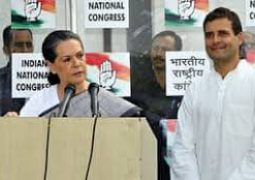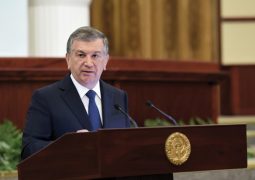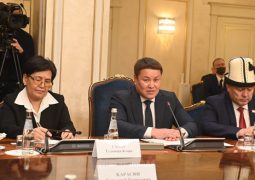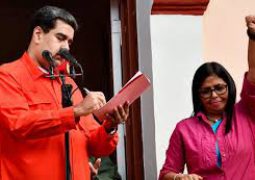‘Trump Effect’ Is Already Shaping Events Around the World
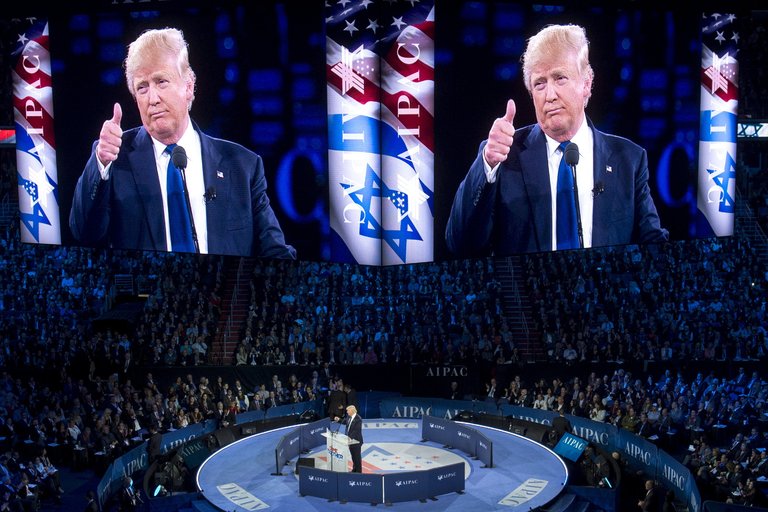
JERUSALEM — Within days of Donald J. Trump’s election to the presidency, Jerusalem’s city planning chief declared an end to the era of holding up new housing for Jewish residents in contentious neighborhoods out of deference to American objections.
Last week, he followed through, advancing a long-delayed plan to build 500 homes, a down payment on thousands more to come. The mayor’s office insisted that the timing was coincidental and the decision not political. But the planning chief made clear that he saw a green light to proceed “now that Trump” had won.
Call it the Trump Effect. Around the world, his election is already shaping events — or at least perceived to be shaping them — even though he will not take office for seven more weeks. Companies hoping to profit from Mr. Trump’s economic policies have seen shares soar. Countries fearing his anti-trade stance have seen the value of their currencies plunge against the dollar. Governments are recalibrating policies on trade, defense and immigration.
Other economies have reacted with trepidation amid fears that Mr. Trump’s policies may drive up interest rates and inflation, an expectation that some traders call Trumpflation.
Some countries are trying to figure out how to respond in other ways. Leaders of NATO allies are looking at increasing military spending in response to Mr. Trump’s insistence that they pay a greater share of their defense. Lithuania last week chose a new prime minister, who renewed the nation’s promise to raise security spending.
In China, initial optimism about Mr. Trump is giving way to skepticism. “We should stop imagining what benefits Trump’s election could bring to China,” Zhu Chenghu, a retired major general, said at a seminar at the China Academy of Social Sciences in Beijing on Friday. “He will return to the traditional policies that rely on the role of the U.S. dollar and seek expansion overseas.”

Mr. Trump’s election is getting credit, or blame, for all sorts of events, no matter how tangential. In Russia, a newspaper interviewed an analyst who suggested that the arrest of a cabinet minister on bribery charges may have resulted from Mr. Trump’s success because Moscow no longer had to fear going after protégés of reformers who were once close to Washington.
Nowhere has the Trump Effect been more visible than in Jerusalem, where the political right has openly rejoiced at the election. Prime Minister Benjamin Netanyahu, who has had a prickly relationship with Mr. Obama, has made clear to associates that he is overjoyed at Mr. Trump’s ascension.
Members of Mr. Netanyahu’s coalition expect Mr. Trump to abandon the practice of Mr. Obama and presidents of both parties who tried to restrain Israel from building housing in the West Bank and East Jerusalem. Shortly after the election, a Trump adviser said settlements were not an obstacle to peace, appearing to have adopted the argument Mr. Netanyahu makes.
“The next few weeks present a unique window of opportunity for Israel,” Naftali Bennett, who leads a pro-settler party in Mr. Netanyahu’s cabinet, told a conference sponsored by The Jerusalem Post last week. After years of American pressure, he added, “it’s ours to decide.”
Betty Herschman, the director of international relations for Ir Amim, a group that opposes settlement construction, said it was too early to know what Mr. Trump’s policy would actually be. But she said one thing was clear: “The Israeli right is already celebrating.”
A case in point was last week’s decision on 500 new housing units in Ramat Shlomo, an ultra-Orthodox neighborhood of annexed East Jerusalem across the “green line” delineating the border that existed until Israel won the 1967 war. The development had been in the works for years without being built. An announcement that it would proceed in 2010 while Vice President Joseph R. Biden Jr. was visiting Israelinfuriated Mr. Obama and his team.
Brachie Sprung, a spokeswoman for Mayor Nir Barkat, said last week’s action by the municipal planning committee was a result of the developer’s coming back to the city with revisions to his plan that required new approval.
“There has been no political statement here with this piece of land,” she said.
But it was easy to see the move in the context of the emerging Trump era. Meir Turgeman, the deputy mayor who leads the planning committee, had just days earlier promised to advance 7,000 housing units that were delayed under American pressure, and he named Ramat Shlomo as an example.
“I intend to exploit the change of the guard in the U.S.A. and bring them to approval,” Mr. Turgeman told Israel’s Channel 2. Until now, he said, there had been pressure from Mr. Netanyahu’s office not to proceed to avoid angering Washington. “That’s over. From now, we intend to take the plans out of deep freeze.”
- Previous Houthis, in Surprise Move, Form a Government in Yemen
- Next Duterte calls Western threats of ICC indictment hypocritical



